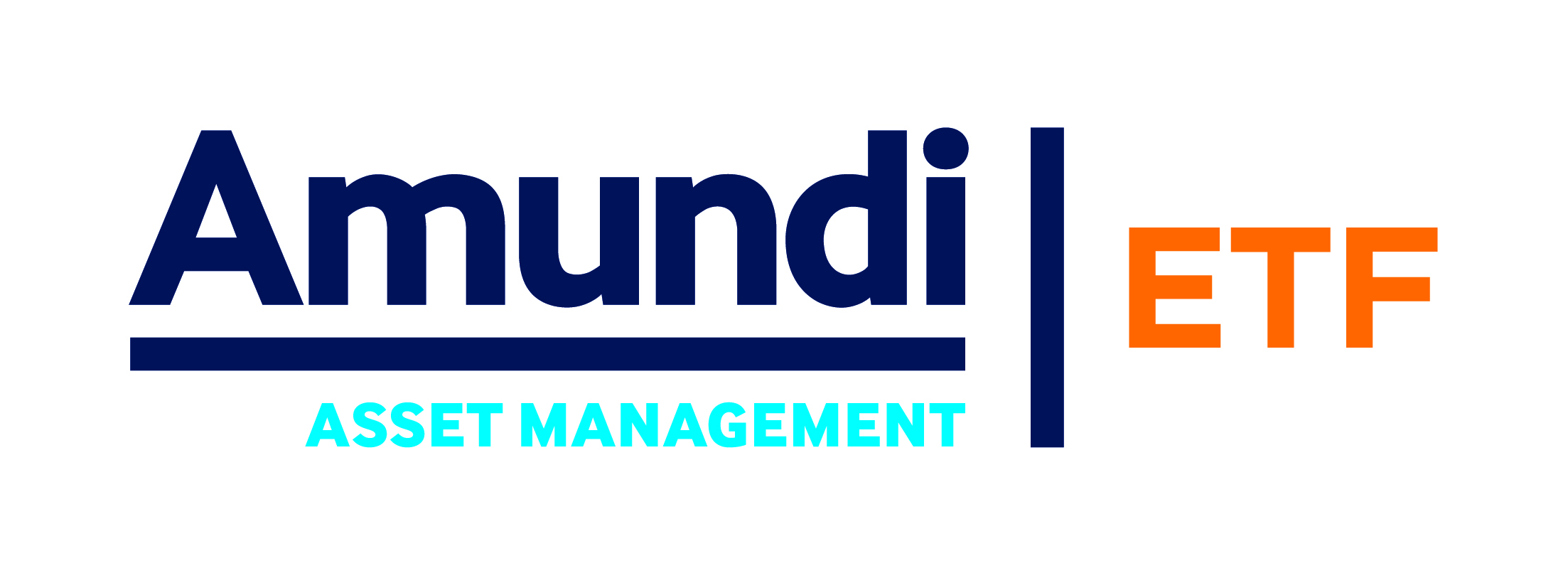Euro-denominated short-duration bond ETFs recorded $1.2bn outflows last week as eurozone inflation eased more than expected last month.
Inflation came in at 6.1% across all 20 nations in the eurozone in May, down from 7% in April and below expectations of 6.3%, fuelling debate around whether the European Central Bank (ECB) will slow its rate hiking cycle later this year.
As a result, investors pulled $813m from the Xtrackers Eurozone Government Bond 1-3 UCITS ETF (DBXP) according to data from ETF Logic, shrinking the ETF by over a third, while the iShares € Corp Bond 0-3yr ESG UCITS ETF (SUSS) recorded outflows of $409m.
There are also signs investors are looking to lengthen their fixed income duration, with the BNP Paribas Easy € Corp Bond SRI PAB 3-5Y UCITS ETF (SRIC5) and the Lyxor Euro Government Bond 7-10Y UCITS ETF (MTD) recording inflows of $280m and $175m, respectively.
It comes as core inflation, which excludes food and fuel prices and has become increasingly influential on ECB rate decisions, also beat investors’ expectations, falling from 5.6% to 5.3%.
Despite the lower-than-anticipated inflation readings, sentiment remained somewhat subdued with inflation data from Germany, France and Spain displaying a weaker performance than originally expected.
All eyes now turn to the ECB’s July interest rate decision, with a 25 basis point interest rate hike in June – which would see interest rates hit 3.5% – all but a certainty.
Last week, ECB president Christine Lagarde, said inflation remained too high despite the recent slowdown.
Sophie Lund-Yates, lead equity analyst at Hargreaves Lansdown, said: “It is widely understood that overall inflation is still running far too hot, and the cooling effect of further interest rates are on the way.
“A major issue remains the tightness of the labour market, which gives employees powerful bargaining chips when it comes to wages, which ultimately feeds into increasing levels of cash in the economy.”






